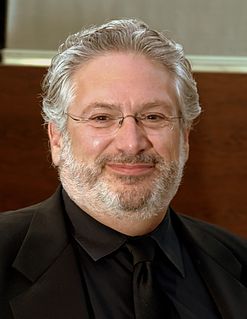A Quote by Vitalik Buterin
A smart contract is a mechanism involving digital assets and two or more parties, where some or all of the parties put assets in, and assets are automatically redistributed among those parties according to a formula based on certain data that is not known at the time the contract is initiated.
Related Quotes
State sanctioned marriage is a civil contract period. A contract is not a judgment of moral value. It is a legal agreement between two parties that testifies to a meeting of minds between those consenting entities. It is not a religious act or rite and so has nothing to do with Adam and Eve or Steve or even Harvey.
State-sanctioned marriage is a civil contract, period. A contract is not a judgment of moral value. It is a legal agreement between two parties that testifies to a meeting of minds between those consenting entities. It is not a religious act or rite and so has nothing to do with Adam and Eve or Steve or even Harvey.
If God was the owner, I was the manager. I needed to adopt a steward's mentality toward the assets He had entrusted - not given - to me. A steward manages assets for the owner's benefit. The steward carries no sense of entitlement to the assets he manages. It's his job to find out what the owner wants done with his assets, then carry out his will.

































